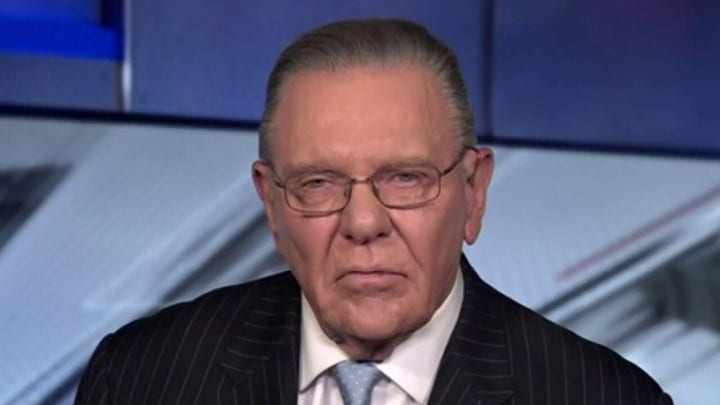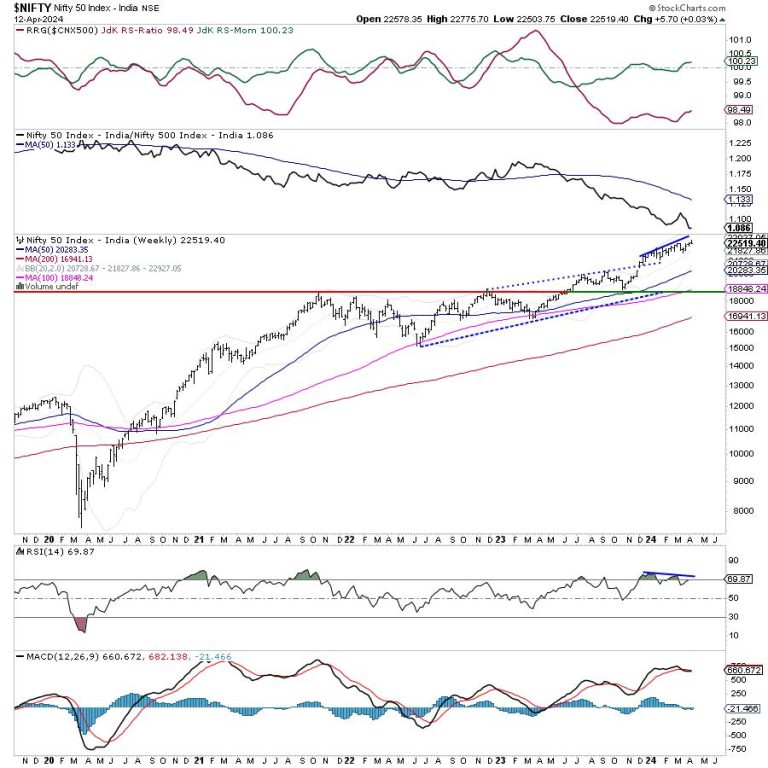JERUSALEM — A spokesman for Gaza’s second-largest terror group, Palestinian Islamic Jihad (PIJ), shared inside information on the organization’s propaganda tactics and its cynical manipulation of the media during an interrogation with Israel’s military intelligence agency following his arrest at Al-Shifa Hospital in Gaza City last month.
An eight-minute video of the interrogation of Tariq Salami Otha Abu Shlouf, a spokesperson for PIJ’s political bureau, was published by the Israeli army on Monday. In the clip, Shlouf can be heard detailing how the U.S.-designated terror group uses both Arabic and international media to create a false narrative about what is happening in the Gaza Strip.
He also spoke about how terrorists have widely used all of Gaza’s hospitals and many of its ambulances while battling Israeli forces during the six-month war.
In one admission, the spokesman said an explosion in one of Gaza’s main hospitals early on in the fighting was caused by a misfired PIJ rocket, not by Israel, as many international outlets rushed to report.
Shlouf said the PIJ’s leadership ‘fabricated the story about an Israeli strike on the hospital’ in an attempt to ‘erase’ the group’s direct involvement in the incident, which killed more than 100 people, according to U.S. intelligence agencies.
‘It is true that the story is false, but we wanted to promote it,’ the spokesman said, describing how the terror group’s communication department made decisions based on ‘certain interests’ and ‘to leverage a certain narrative.’
‘We relied on the stories in the international press,’ Shlouf told the interrogators.
‘Most international media will undoubtedly not even mention the revelations of this Islamic Jihad spokesperson in their reporting,’ Simon Plosker, editorial director at HonestReporting, an Israeli organization that monitors coverage of Israel in the international press, told Fox News Digital.
‘If they did mention it, then they would have to call into question their entire coverage of the conflict, which would highlight how the foreign press has either been manipulated or even willingly participated in a sophisticated terrorist propaganda operation at Israel’s expense.’
Terrorists affiliated with Palestinian Islamic Jihad joined the thousands of Hamas terrorists who infiltrated southern Israel Oct. 7, participating in the widespread massacre of some 1,200 people, mostly civilians, and in the kidnapping of another 250.
The mass terror attack, which both Hamas and PIJ terrorists documented with GoPros and their cellphones, sparked a war with Israel.
Since the start of the war, the terror groups have operated in tandem to distort the images coming out of Gaza and blame the documented suffering of more than 2 million civilians only on Israel, Shlouf told Israeli interrogators.
He admitted that the PIJ’s goal was to deflect attention of Palestinian civilians suffering from the dire living conditions caused by the ongoing war it helped to ignite. And the group used standard talking points, including telling journalists, ‘It’s our right to live,’ ‘we want the situation to return to normal,’ and ‘we want our children to live like any other children in the world.’
Shlouf also described how top PIJ leader Ziyad al-Nakhalah was in daily contact with the organization’s communication department, which also worked closely with its counterparts in Hamas to carve the desired narrative. He confessed that PIJ’s communication team checked over journalist’s stories prior to their publication. If they did not fit the group’s desired narrative, then they would prevent them from going out.
‘So, if it’s not to your liking, it doesn’t get published?’ the interrogator asked Shlouf.
‘Of course not, because the journalist needs us for more interviews,’ he responded.
‘This is hardly surprising, for years we have observed how Islamist terror groups use civilian infrastructure to recruit terrorists into their ranks, promote terrorism and launch attacks,’ Khaled Hassan, a political risk and intelligence analyst with over 13 years of experience working in the Middle East, told Fox News Digital.
He said that, consequently, in Egypt, Saudi Arabia and many majority-Muslim countries, ‘mosques and hospitals affiliated with the Muslim Brotherhood and other Islamist terror groups are closely monitored 24/7, 365 days a year.’
‘Moreover, their modus operandi also fundamentally relies on creating the impression that they are the victims of oppression and tyranny,’ said Hassan. ‘For that purpose, the killing of their own and civilians generally is to them an aim that serves a greater purpose.
‘Western governments largely overlook these widely recognized facts when dealing with Israel’s war on Hamas,’ he added. ‘They empower and embolden terrorists,’ making it a successful strategy.
Israeli Canadian author Matti Friedman, who previously worked as a correspondent for The Associated Press in Jerusalem, said that much of the mainstream press was clearly ‘telling a story from Gaza based on information that isn’t just wrong but is propaganda.’
‘Groups like Hamas and Palestinian Islamic Jihad know exactly what they’re doing — causing extreme harm to innocents by exploiting civilian cover, then blaming Israel for it and using the resulting international outrage to tie Israel’s hands,’ Friedman, who explored the international media’s bias on Israel in an explosive 2014 column.
‘This interrogation gives us a glimpse of this system, but the real answers to the question of media malfeasance lie with the Western editors, journalists and NGOs who’ve been playing along for years,’ he said.
International media covering the war in Gaza have been highly critical of Israel, especially over its refusal to allow journalists to enter Gaza independently to cover the war. Instead, most of the foreign press has relied on the reports of local Palestinian journalists, some of whom have been accused of being complicit in Hamas’ propaganda machine even as they complain that Israel has purposely targeted them.
On Monday, the Foreign Press Association (FPA), a nonprofit organization representing journalists from international news organizations reporting from Israel, the West Bank and the Gaza Strip, released a statement criticizing Israel’s policy and pointing out the ‘unprecedented threats and harm’ faced by Palestinian journalists inside Gaza who are ‘courageously covering the story.’
‘The decision whether to be on the ground in Gaza should be up to each individual international media outlet,’ the statement said. ‘The blanket ban has limited the world’s ability to witness the true cost of the war to all sides.’
Lahav Harkov, a veteran journalist, told Fox News digital that while she agreed Israel should allow foreign journalists to report from inside Gaza, ‘that doesn’t mean journalists should shirk the responsibility to consider their sources’ motivations and verify the facts.’
‘It’s been apparent for well over a decade that Gaza is the place where journalistic ethics go to die,’ she said. ‘In 2014, you had journalists reporting on Hamas using the Shifa Hospital for its terrorist operations and then backtracking because Hamas threatened them.’
She said the situation had only become worse over the past six months, with major media organizations defending ‘photojournalists who rode along with terrorists who committed the Oct. 7 massacre.’
Harkov also noted how reporters were treating the spokespeople for Palestinian Islamic Jihad as ‘credible sources.’
‘The proof is in the kind of reporting they are doing,’ she said, highlighting the Al-Ahli Hospital strike in which the PIJ spokesman ‘spoon-fed them the message’ that it was Israel, when, ‘in reality, it was a PIJ rocket that had misfired.’










